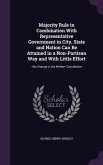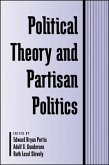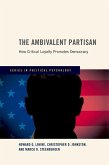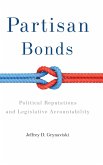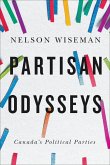A provocative exploration of how America's democratic crisis is rooted in a dangerous mismatch between our Constitution and today's nationalized, partisan politics. The ground beneath American political institutions has moved, with national politics subsuming and transforming the local. As a result, American democracy is in trouble. In this paradigm-shifting book, political scientists Paul Pierson and Eric Schickler bring a sharp new perspective to today's challenges. Attentive to the different coalitions, interests, and incentives that define the Democratic and Republican parties, they show how contemporary polarization emerged in a rapidly nationalizing country and how it differs from polarization in past eras. In earlier periods, three key features of the political landscape--state parties, interest groups, and media--varied locally and reinforced the nation's stark regional diversity. But this began to change in the 1960s as the two parties assumed clearer ideological identities and the power of the national government expanded, raising the stakes of conflict. Together with technological and economic change, these developments have reconfigured state parties, interest groups, and media in self-reinforcing ways. The result is that today's polarization is self-perpetuating--and intensifying. Partisan Nation offers a powerful caution. As a result of this polarization, America's political system is distinctly and acutely vulnerable to an authoritarian movement emerging in the contemporary Republican Party, which has both the motive and the means to exploit America's unusual Constitutional design. Combining the precision and acuity characteristic of their earlier work, Pierson and Schickler explain what these developments mean for American governance and democracy.


